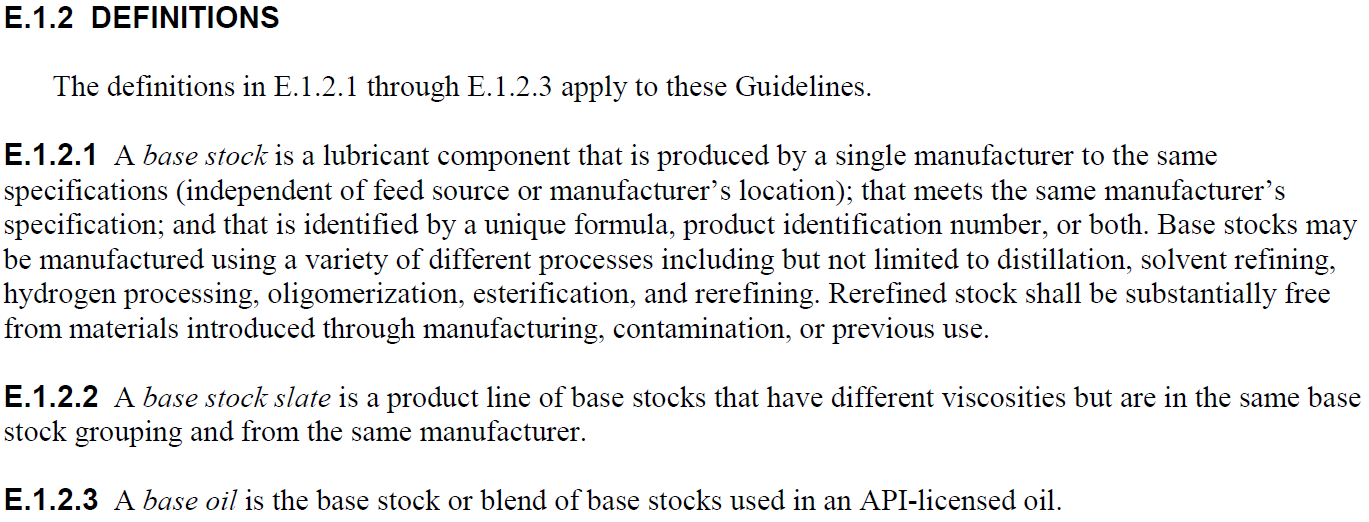Originally Posted By: Gokhan
(2) Including an ester base stock in finished oil quadruples the Sequence IVA wear (API valvetrain wear test for gasoline engines)! This is especially scary as most Mobil 1 oils must include an ester base stock since PAO on its own is not stable. Lately they have possibly started using alkylated naphthalene instead of esters in some of their oils. The reason why esters increase wear so much is because they compete for the metal surfaces and they prevent the antiwear/extreme-pressure/friction-modifier additives from adhering to the metal surfaces.
The only time esters interfere with ZDDP for camshaft wear is during break-in of a new or rebuilt engine, as is the case with the Sequence IVA test. A high dose of a highly polar ester during break-in can slow down the ZDDP's ability to lay down a protective coating. Once the ZDDP protection has been established, however, the esters do not lead to further wear.
The first approved synthetic oils were based 100% on esters and did not cause wear problems in the field, and several major brand oils used 10-20% ester formulations for many years without issue. In the real world engines are broken in with conventional oils. It was only in test engines with new parts, broken in with high ester oils, that cam wear was observed, and then only for the first few hours of the test, after which the wear stopped.
Back in those early days I was responsible for monitoring UOA reports on 100% ester oils from the field, and the only times I saw high iron it was directly correlated with high silicon (dirt) in extended drain situations due to poor maintenance. Beyond those few times the oils performed very well. I also formulated very high ester dose oils for my own cars and iron levels were always low.
I designed ester molecules, formulated them, and tested them for nearly four decades in numerous automotive, aviation, and industrial applications. In general they reduced wear, even in the presence of various anti-wear and EP additives. Initial break-in of automotive engines with ZDDP is the only interference I have observed.
The ExxonMobil data compares an ester containing oil with an AN containing oil in a IVA engine test with a new camshaft in a formulation that did not have any friction modifiers. I don't know what they were trying to prove, but I would not attempt to conclude from that that esters cause engine wear in real world use.
(2) Including an ester base stock in finished oil quadruples the Sequence IVA wear (API valvetrain wear test for gasoline engines)! This is especially scary as most Mobil 1 oils must include an ester base stock since PAO on its own is not stable. Lately they have possibly started using alkylated naphthalene instead of esters in some of their oils. The reason why esters increase wear so much is because they compete for the metal surfaces and they prevent the antiwear/extreme-pressure/friction-modifier additives from adhering to the metal surfaces.
The only time esters interfere with ZDDP for camshaft wear is during break-in of a new or rebuilt engine, as is the case with the Sequence IVA test. A high dose of a highly polar ester during break-in can slow down the ZDDP's ability to lay down a protective coating. Once the ZDDP protection has been established, however, the esters do not lead to further wear.
The first approved synthetic oils were based 100% on esters and did not cause wear problems in the field, and several major brand oils used 10-20% ester formulations for many years without issue. In the real world engines are broken in with conventional oils. It was only in test engines with new parts, broken in with high ester oils, that cam wear was observed, and then only for the first few hours of the test, after which the wear stopped.
Back in those early days I was responsible for monitoring UOA reports on 100% ester oils from the field, and the only times I saw high iron it was directly correlated with high silicon (dirt) in extended drain situations due to poor maintenance. Beyond those few times the oils performed very well. I also formulated very high ester dose oils for my own cars and iron levels were always low.
I designed ester molecules, formulated them, and tested them for nearly four decades in numerous automotive, aviation, and industrial applications. In general they reduced wear, even in the presence of various anti-wear and EP additives. Initial break-in of automotive engines with ZDDP is the only interference I have observed.
The ExxonMobil data compares an ester containing oil with an AN containing oil in a IVA engine test with a new camshaft in a formulation that did not have any friction modifiers. I don't know what they were trying to prove, but I would not attempt to conclude from that that esters cause engine wear in real world use.





